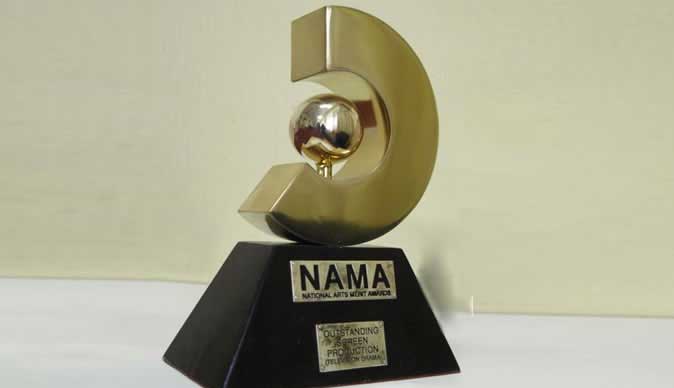
The country’s deteriorating economy has greatly affected arts production, which has had a negative effect on this year’s edition of the National Arts Merit Awards (Nama) entries, a National Arts Council of Zimbabwe (Nacz) representative has revealed.
By Kennedy Nyavaya
The revelation follows a 30% decline in the nomination entries for the annual event, prompting a probe by arts enthusiasts.
Last year’s submissions nearly doubled previous ones recording 1 104 entries, but an official statement released recently showed that only 775 entries were tendered this year.
This is despite the rave reviews that the NACZ received last year for bringing together an improved ceremony compared to past editions.
The Namas have been running since 2002 and have become synonymous with the country’s arts fraternity.
NACZ communications and marketing officer Cathrine Mthombeni blamed it on the deteriorating economic environment, which she said affected the artssector.
- Chamisa under fire over US$120K donation
- Mavhunga puts DeMbare into Chibuku quarterfinals
- Pension funds bet on Cabora Bassa oilfields
- Councils defy govt fire tender directive
Keep Reading
“The decline in Nama entries was a reflection of low productivity in the arts and culture sector, mainly due to the economy,” said Mthombeni.
“The creative arts were generally not spared by the national economic meltdown that affected all sectors in Zimbabwe. The low productivity in the sector was therefore beyond artists’ control.”
She said as NACZ, they had done their best to publicise the call for entries to all the stakeholders through extensive media platforms.
Local awards are generally not well-funded, which has resulted in such an apathy.
It is against this backdrop that arts analyst and critic Fred Zindi attributed the lack of “monetary attraction” as having aided to the drop in Nama submissions.
“Artists do not see the value in the trophies they are given and many think that the awards ceremonies are unprofessionally conducted and that getting a Nama does not necessarily boost their record sales,” said Zindi.
Zindi, who acknowledged that the awards are important for development of the arts industry in the country, said the low standards were the reason why local artists preferred foreign awards.
“A lot of artists who are worth their salt are now seeking alternative awards outside Zimbabwe.
These, they think, give them more recognition,” he said, adding that there was need for improvement.
“Local awards still have a long way to go for us to start comparing them with the MTV Africa Music Awards and the Grammys. There is need for more professionalism and funding.”
Namas have been unable to accommodate a lot of contemporary arts like hip-hop and dances out of the traditional bracket, leading to the rise of other awards for such artistry from private players.
In the recent past allegations of cheating, disgruntlement and ridicule have followed awards ceremonies in the country, leading to loss of confidence in the whole system.
Unlike in most international awards, irregularities have marred local awards, forcing some artists to badmouth them.
Last year’s Namas had their own fair share of drama as some felt that deserving nominees like Killer T, who walked away empty-handed, deserved to win something.
Nama awards categories include music, literary, dance, visual, film and television, theatre, media and spoken word, with two more categories that include special awards as well as the people’s choice.
The two special awards are arts service award and arts personality award.
Nominees for the Namas were released on Thursday as preparations for the ceremony set for February 18 at 7 Arts in Avondale, Harare gather momentum.












